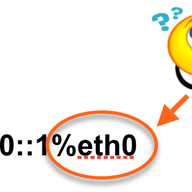
What’s the Deal with IPv6 Link-Local Addresses?
• 8 min read
...or, how RIPE Atlas measurement data just got a little bit more complex. Some people say IPv6 is "96 more bits, no magic". And while this is true for most network operators, if you're a RIPE Atlas system programmer, you can run into interesting situations. In this article, we described how link-l…

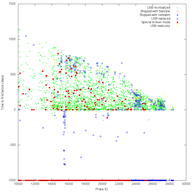
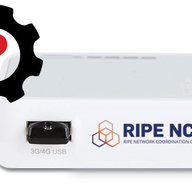
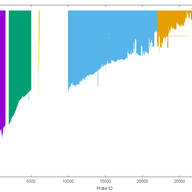
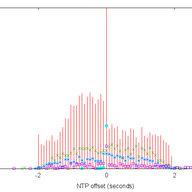

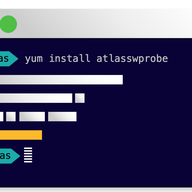

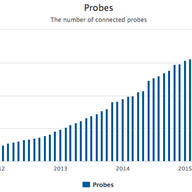

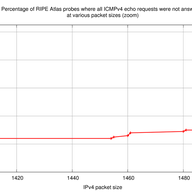

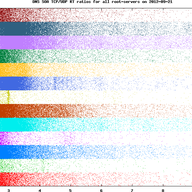

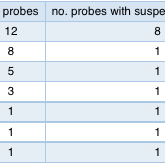

“Hi Thomas, I'm happy that our code is useful for you. And thanks for reporting this. I assumed that at the point of the connect, the socket would already be set to non-blocking. I'll take a look what is going on. Philip”
Looking at the code, the common case where no interface is specified works fine because libevent makes the socket non-blocking. In the case where an interface is specified there is indeed a bug. I created a ticket to fix the bug.
“Hello, thanks for the work and publishing the software. This is quite useful and much better performing than forking standard programs. I noticed one problem with the evhttpget and sslgetcert tasks: The sockets they use for the TCP connect seems to be blocking (on connect). That leads to lots of timeouts, if you have many tasks, some of whom block for a long time. I traced this to the following in tcputil.c (around line 250): fd= socket(af, SOCK_STREAM, 0); When replacing this by fd= socket(af, SOCK_STREAM | O_NONBLOCK, 0); the frequent timeouts are gone.”
Hi Thomas, I'm happy that our code is useful for you. And thanks for reporting this. I assumed that at the point of the connect, the socket would already be set to non-blocking. I'll take a look what is going on. Philip
Hi Thomas, the most likely explanation is that USB sticks support only a very limited number of writes. Power to the USB sticks comes almost directly from the power that is used to power the tl-mr3020. And of course data lines can't exceed that voltage. When it comes to filesystem corruption, it is not clear what exactly causes that. But for USB sticks that fail completely, it is unlikely that the tl-mr3020 can be blamed. Philip
“Sorry for the late reply, I had not been on this page again to see your message. You are right, I had used a Microsoft Windows machine and that did not recognise the partitions. Once I plugged it into a Linux machine I could see all the partitions and after I removed them I can now use the entire stick in Microsoft Windows too. So now I wonder what to do? Just leave the 4Gb stick in it as it is now or try again with the original stick. Does that really matter (except for the uptime)?”
The probe doesn't care about the USB stick, as long as it is at least 4 GB and it works.
“My probe didn't work until I replaced the USB drive with another. The little white USB drive seems to work fine in my laptop. It does report a size of 1 GB though while this page says you should use a 4GB drive at least. So perhaps there is something wrong with the USB drive?”
When a probe initializes the USB stick, it creates 3 partitions with size 1 GB. Some operating systems only show the first partition giving the impression that the USB stick itself is only 1 GB. So by itself this is not an indication that the USB stick is broken.
Showing 15 comment(s)